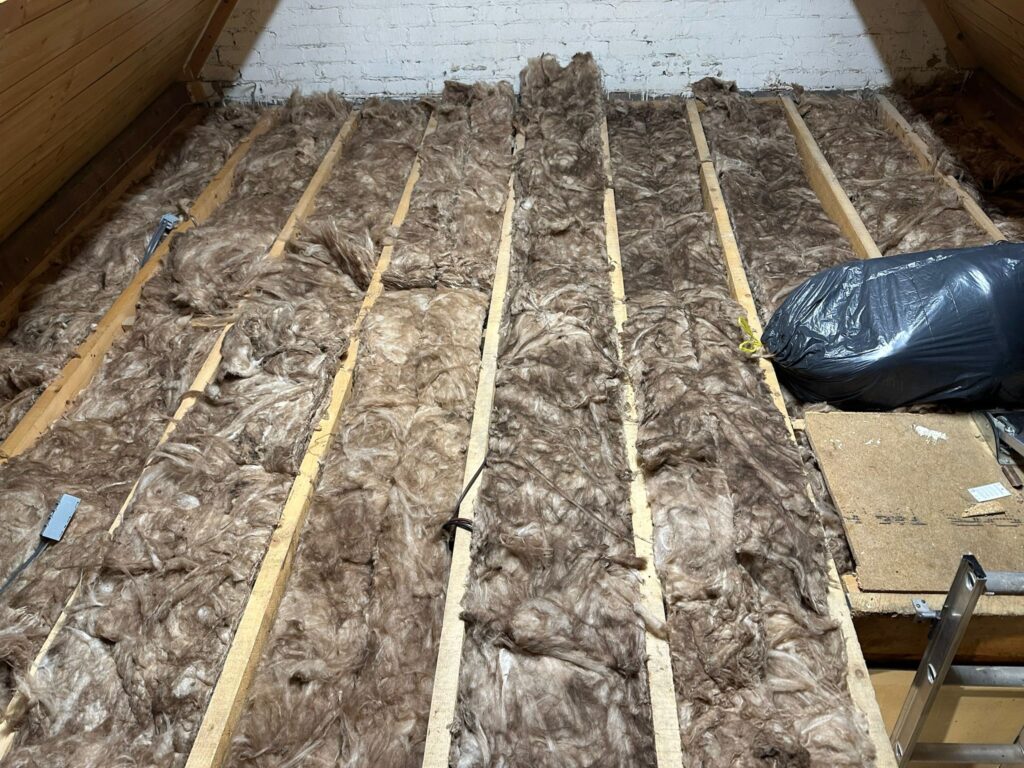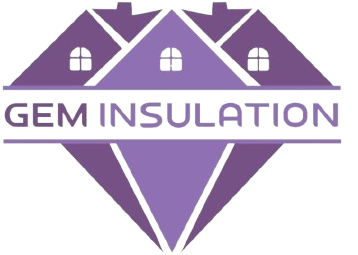Insulation Safety
Insulation Safety
Why insulation safety should be a concern?
The insulation safety is on a very gray area. People are not really aware about the dangers of incorrect insulation type. Safety is important for you and your family. Low quality, not in standard, not fire-proof or old can really risk your life!
Select the right R value
The R value is a measure of a material’s resistance to heat flow (known as thermal resistance). The higher the R value, the greater the resistance to heat transfer, the greater the insulating effect and the greater the energy (and therefore money) savings. Different products with the same R value will provide similar insulation performance, regardless of thickness or the type of material.
For the Victorian climate the recommended R value for wall insulation is R2.5, with a minimum requirement of R1.5.
From https://www.sustainability.vic.gov.au/energy-efficiency-and-reducing-emissions/building-or-renovating/key-principles-of-energy-efficient-design/planning-and-design/insulation/walls
Common types of homes found in Victoria
Brick veneer walls
Brick veneer homes have a higher R value than weatherboard and will lose less heat in winter. Brick veneer homes built before 1990 are likely to have no insulation in the walls. Adding insulation to the timber frame of your walls will keep heat inside your home in winter and stop heat from outside entering your home in summer. A renovation is an ideal time to insulate your existing brick veneer walls, to save money on your energy bills and improve the comfort of your home.
Double-brick walls
Brick has thermal mass properties: it stores heat from the sun and releases it slowly into your home overnight. This is great in winter, but not so great during summer heat waves. Double-brick walls have a high R value and can be harder to insulate. Learn to insulate your double-brick walls to keep the heat in during winter and out during summer, saving money on your energy bills and improving the comfort of your home.
Weatherboard or lightweight cladding walls
A weatherboard or other lightweight wall has a low R value, meaning heat and cold will readily transfer from inside to outside. This will make it very difficult for you to heat the inside of your house on a cold day. A renovation is an ideal time to insulate your weatherboard or lightweight cladding walls, to save money on your energy bills and improve the comfort of your home.
Insulating a concrete slab
Thermal mass from a concrete slab can be effective during winter due to its ability to store heat during the day and release the heat at night. Thermal mass stores heat, either from direct solar radiation or by absorbing heat from the air. Concrete slabs in the house and commercial building need to ensure:
* Insulation pads in your slab to improve its thermal performance to stabilise internal temperature fluctuations.
To read more about Victorian standards and regulations please see the website provided below.
Source: Sustainability Victoria website 30 January 2024 – <https://www.sustainability.vic.gov.au/energy-efficiency-and-reducing-emissions/building-or-renovating/key-principles-of-energy-efficient-design/planning-and-design/insulation/walls>
The danger of fire is actually the smoke
In a case of fire or heat load in the house the increase in toxic smoke accumulates inside the house. The reduction in air quality and risk to respiratory can be life threatening.
Therefore, it is very important to avoid the use of insulation types that contain chemicals. Using them is a health hazard in case of fire or heat load. There are fire-proof insulation that will be safer during fire and will not spread toxins inside.
Our policy is to keep you safe
Here at Gem Insulation, as a company policy we use only insulation materials that are recommended by the regulators and up to the code. Our green agenda is to give you a safe environment to live in and to keep your health even if there is any case of emergency.
This is our belief and as a default all our quotes will be only given with the safe materials. This is our guidelines and we will never recommend using insulation that will not pass fire safety tests or contain chemicals which in the cases of extreme heat or fire will do more harm than the fire itself.
Remember! Insulation may sound simple but there are ways and rules, when and where to install it. It is very important to take it seriously! We will do it on the safest way for the house and for you – the customer.

